A recent social media post by former Kaduna State Governor, Mallam Nasir El-Rufai, has caused intense reactions online after he shared a report alleging that the Indigenous People of Biafra (IPOB) hired U.S.-based lobbying firms to push a narrative of Christian persecution in Nigeria.
El-Rufai made the post on his verified X account on Friday, November 21, 2025, just as Nigeria faces growing international attention. The post came in the wake of U.S. President Donald Trump’s decision to label Nigeria a “Country of Particular Concern,” warning of possible action if attacks on Christians by extremist groups continue.
Citing documents filed under the U.S. Foreign Agents Registration Act (FARA), El-Rufai claimed IPOB and its partners had engaged American lobbyists to promote claims that Christians are being targeted in Nigeria. The report he referenced also pointed out that violence in the country affects both Christians and Muslims, challenging the idea that only one group is under threat.
The post quickly went viral, drawing mixed reactions across social media. While some users praised El-Rufai for shedding light on what they see as foreign interference in Nigeria’s internal affairs, others accused him of stoking religious tensions, especially in the already sensitive Southeast region.
Screenshots of various responses show a wide range of opinions from outrage and skepticism to calls for a thorough and unbiased investigation. Many users questioned the motives behind IPOB’s alleged actions and the involvement of U.S. lobbying firms, while others urged restraint and fact-checking before jumping to conclusions.
Analysts noted the timing of El-Rufai’s post, suggesting it could shape how the international community views the ongoing unrest in Nigeria. With the U.S. already voicing concerns about religious violence, some believe this development could further complicate Nigeria’s diplomatic standing.
As the conversation continues online, the issue remains a flashpoint in the broader debate over religious freedom, political narratives, and foreign influence in Nigeria’s internal affairs.

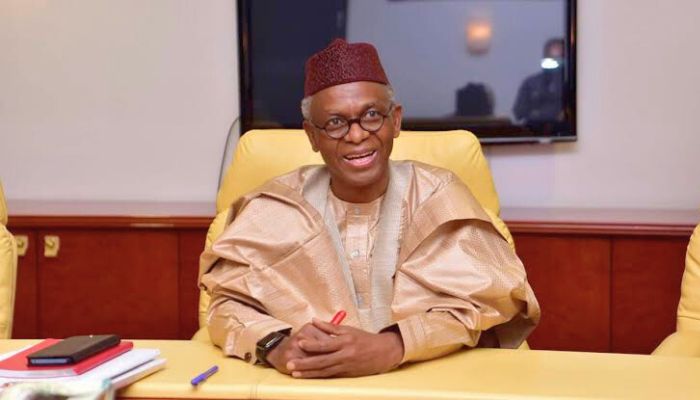

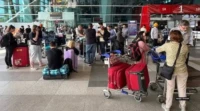
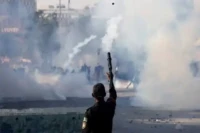
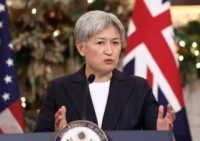
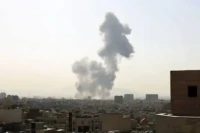

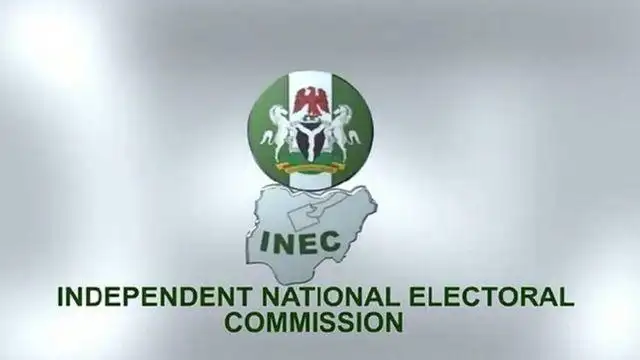

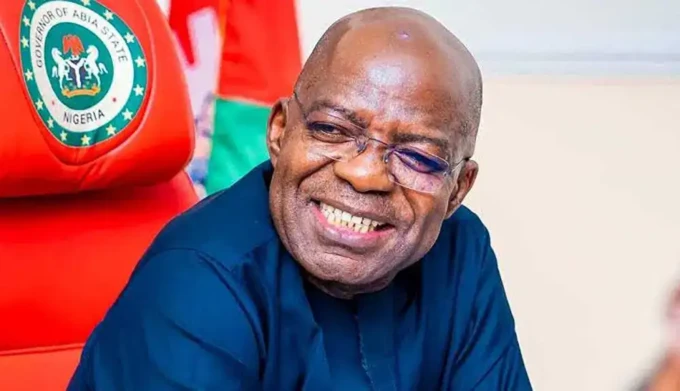

I believe El-Rufais post on IPOB actions is stirring up necessary conversations among Nigerians. What are your thoughts?
I cant believe people are still supporting El-Rufai after his controversial post on IPOB. Lets discuss!
I believe El-Rufais stance on IPOB stirred necessary conversations, but some may find it divisive. What are your thoughts?
I find it fascinating how divisive El-Rufais post on IPOB is. The online debate among Nigerians is intense! Whats your take?
I think El-Rufais post on IPOB is stirring up necessary conversations in Nigeria. Whats your take on it?
I believe El-Rufais post on IPOB actions reflects the complex political landscape in Nigeria. What do you all think?
I believe El-Rufais post on IPOB actions sparked necessary discussions. Agree or disagree? Lets chat!
I think El-Rufais post on IPOB sparked necessary discussions, but some responses were extreme. What do you all think?
I think El-Rufais post was divisive. He should focus on promoting unity rather than inciting further tensions.
I personally think El-Rufais post was inflammatory and only added fuel to the fire. Do you guys agree?
I believe El-Rufais post on IPOB actions sparked necessary discussions. Its important to engage in diverse perspectives.
I think El-Rufais post on IPOB is stirring up some strong feelings. Whats your take on this? Lets discuss!
I think El-Rufais post on IPOB actions sparked necessary discussions. Its important to hear all perspectives. Lets keep the conversation going!
I think El-Rufais post sparked necessary conversations. Its good to see diverse opinions, as long as its respectful.